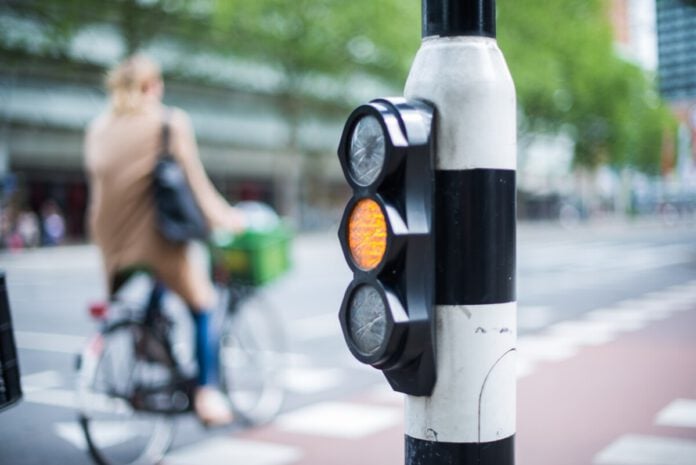The Netherlands is certainly one of the safest countries in the world to bicycle through, with many kilometres of generous bike paths to travel on.
Nevertheless, the travellers association ANWB have expressed concerns over the risk of increased fatalities among cyclists, reports AD.
The director of the ANWB, Frits van Bruggen, cycles more than ever since the start of the coronavirus, and he is not the only one. “27% of the Dutch want to cycle more because of the virus. There are delivery times on e-bikes. In that respect, it is phenomenal what is happening now. But is all that possible? A few years ago, a survey showed that more than a quarter of all Dutch people feel unsafe on bicycles.”
Are the concerns valid?
According to Van Bruggen, yes. As people are avoiding to go on public transport due to fears of infection, people will resort more to driving their personal cars.
Even before the outbreak started, it was calculated that road fatalities will increase substantially over the next 15 years. Cars are not the only reason for a potential increase in fatalities. With e-bikes, e-scooters and electric cargo bikes being more and more widespread on bicycle paths, the high speeds are another cause for concern.
Speed limits are part of the plan to reduce fatalities on bike paths .”Why should a speed pedelec (a fast e-bike) be on the road between the cars? That is dangerous to life. A Porsche must also drive 30 km/h in a residential area. Then you can also say on the bicycle paths in the city a maximum of 20 km/hour and on the bicycle highways between cities, you are allowed at 45 km/hour. A speed limit on the bike path, where you are also fined if you go too fast, makes it safer.”
Whatever the case, rapid investments need to be made for revamping the whole network of bicycle paths. While the coronavirus crisis has postponed these plans, they are still as important as ever, in order to prevent unnecessary deaths on the roads.
Follow DutchReview on Facebook for the latest news in the Netherlands.
Feature Image: Skitterphoto/Pexels
